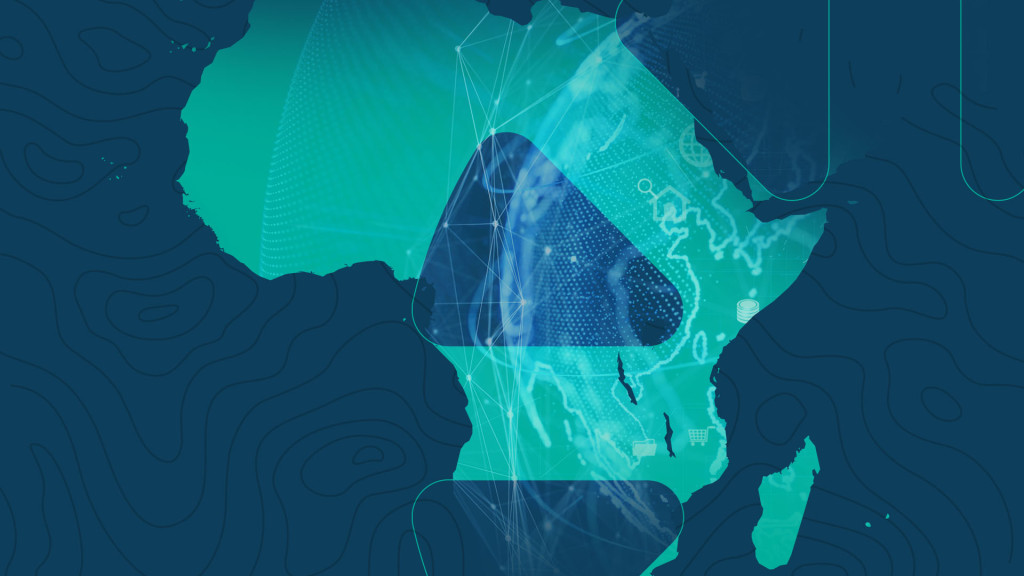Global south recommendations on WSIS+20
The submission was endorsed by 22 organisations, including Paradigm Initiative, Research ICT Africa, CIPESA, Data Privacy Brasil, Fundación Multitudes, Tech & Media Convergency, and the Centre for Human Rights at the University of Pretoria

A coalition of 22 organisations from Africa, Asia, and Latin America has issued an official submission responding to the WSIS+20 Zero Draft, urging stronger commitments to human rights, inclusive governance, and equitable access in the next phase of the World Summit on the Information Society (WSIS) process.
The document, titled WSIS+20 Zero Draft Comments, was prepared by Global South actors including CIPESA, Research ICT Africa, Paradigm Initiative, Fundación Multitudes, and other civil society and research organisations. It commends the co-facilitators for leading open consultations but calls for clearer language and actionable provisions to make WSIS outcomes measurable and enforceable.
Strengthening digital public infrastructure
The submission supports the Zero Draft’s recognition of digital public goods and infrastructure as key development enablers but urges that future investments include explicit human rights safeguards. It recommends mandatory human rights impact assessments, participatory decision-making, and the inclusion of civil society and academic partners in the design of digital systems. The coalition links these priorities to the Global Digital Compact (GDC), noting that digital public goods should advance sustainable development without reinforcing surveillance or exclusion.
Bridging the digital divides
The coalition emphasises that digital inclusion must extend beyond access to connectivity. It calls for clearer accountability mechanisms to bridge gender digital divides and ensure the participation of persons with disabilities in shaping national digital strategies. The feedback also recommends financing community-led connectivity initiatives and making better use of Universal Service and Access Funds to expand affordable access to rural and underserved regions.
Advancing data justice
In one of its most detailed sections, the submission introduces the concept of data justice – arguing that data governance frameworks should be guided by social justice, equality, and local capacity development. It highlights tensions between data protection laws and trade agreements and insists that data governance must prioritise human rights over commercial interests. The coalition calls for developing countries and Indigenous peoples to have decision-making power over how data about them is collected and used, including in AI systems.
Ensuring human rights and ethical standards
The document proposes that the right to privacy be explicitly named alongside freedom of expression and assembly in the WSIS+20 text, aligning with references already made elsewhere in the Zero Draft. It stresses that privacy protections are essential in an era of biometric technologies and data-driven governance.
Institutionalising multistakeholder internet governance
Global South actors express support for making the Internet Governance Forum (IGF) a permanent UN body, with a stronger coordination role across digital policy processes. They recommend closer articulation between global, regional, and national IGFs, improved funding for the IGF Secretariat, and adherence to the São Paulo Multistakeholder Guidelines adopted at NetMundial+10. These proposals build on the Tunis Agenda and recent UN reports that call for inclusive participation in digital policymaking.
Accountability and implementation
The submission concludes by identifying a gap in the Zero Draft: the absence of a clear implementation and monitoring plan. It urges the inclusion of measurable indicators and follow-up mechanisms to assess progress on WSIS objectives over the next decade.
Broader significance
The Global South submission frames WSIS+20 as an opportunity to correct structural imbalances in digital governance by centering equity, participation, and accountability. Its recommendations—spanning digital infrastructure, data governance, and multistakeholder processes—seek to ensure that the digital future envisioned by WSIS remains inclusive and grounded in universal human rights.
The submission was endorsed by 22 organisations, including Paradigm Initiative, Research ICT Africa, CIPESA, Data Privacy Brasil, Fundación Multitudes, Tech & Media Convergency, and the Centre for Human Rights at the University of Pretoria


